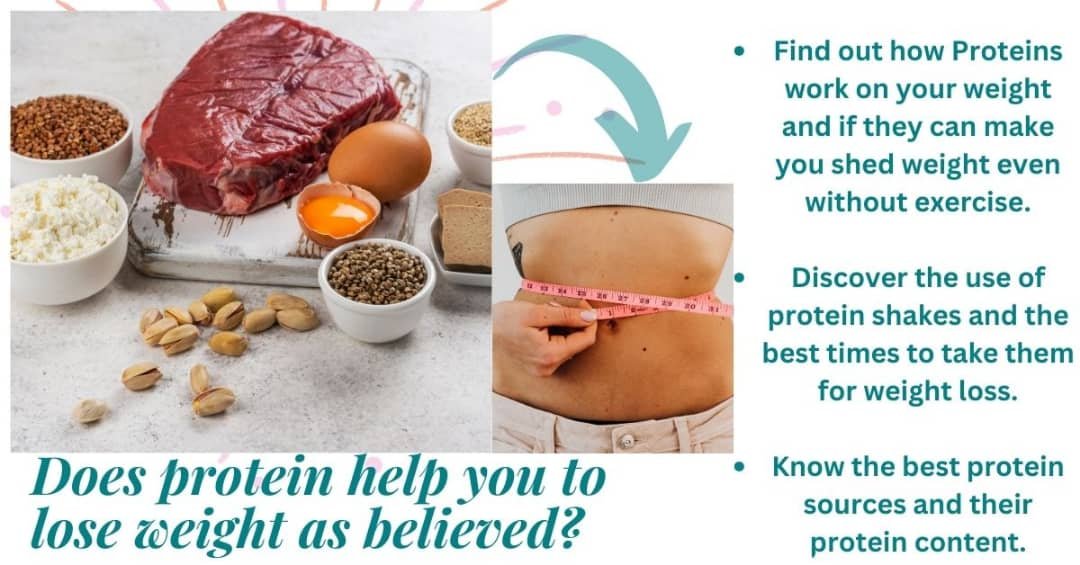
Table of Contents
Protein intake helps you to lose weight via several physiological pathways such as boosting your metabolic rate, reducing your cravings for food by initiating certain hormonal changes, increasing the number of calories burned due to its high thermic effect on food(TEF), and maintaining satiety longer.
Weight loss through increased protein intake is so effective that it can be achieved without exercise. It also helps in weight and muscle mass maintenance.1 You typically burn more calories daily by higher protein intake than from sauna bathing even without workouts.
In one study, published in the International Journal of Obesity, it was discovered that a 20% increase in protein intake after weight loss resulted in a 50% less regain of body weight.2 In another study, published in the European Journal of Sport Science, it was found that taking 1.8 to 2.7g of protein per kilogram of your body weight daily, in addition to a moderate energy deficit of -500 calories and resistance training, results in a reduction of fat mass and preservation of free fat mass(FFM).3
In this article, we will discuss how protein helps your weight loss goals, list good sources of the nutrient, the effect of protein shakes on weight loss, and when to take them.
How does protein help with weight loss? The 6 pathways.
Weight loss or gain is determined by a balance of two components which are the number of calories taken in versus the number taken out or burned by metabolism. What makes proteins so effective in weight control is their uncommon ability to tackle these two components simultaneously.
Proteins, by several mechanisms, reduce the number of calories you consume and at the same time increase the number you burn. This ensures a caloric deficit that helps you lose weight even without exercise and conscious diet restrictions. Below are some of how this is possible.
1. Changes in the levels of weight-regulating hormones: Research published in PubMed Central shows that acute protein consumption reduces the levels of the hunger-stimulating hormone, ghrelin.4 In another study involving 64 postmenopausal women, plasma levels of Leptin (an appetite-suppressing hormone) were found to be positively related to the energy percentage of protein intake.5 In other words, protein intake results in elevated levels of plasma leptin which suppresses your appetite thereby resulting in reduced calorie consumption as contained in the National Library of Medicine.6
2. Enhances energy expenditure during caloric restriction: Proteins have been found to lessen the reduction in energy expenditure in people on caloric or energy restriction. This boosts weight loss.7 (source)
3. Increase in muscle mass: Amino acids in proteins play essential roles in the maintenance and building of muscle mass. Muscle mass is directly correlated to metabolic rates. This results in increased burning of calories that help shed weight.
4. Improved satiety: Just as the healthy fats in avocados keep you feeling full longer which makes you eat less, research has found proteins also have a similar effect on satiety such that dietary proteins are part of the treatment of obesity as contained in the National Institute of Health (NIH).8
5. Reduces food cravings and late-night snacks: Due to its known effect on satiety that maintains a sense of fullness plus its suppression of hunger hormones, dietary proteins reduce food cravings. This reduces your tendency for midnight snacks which only adds to your total calorie intake.
6. Increase in calories burned from digestion: The digestion of proteins requires significantly more calories than other foods like carbs and fats. This requires an increase in metabolic rate that results in the burning of more calories. It is called the thermic effect of food (TEF).
Best sources of protein for weight loss.
There are two main sources of protein available:
- Natural protein: These are proteins you get from foods otherwise called dietary proteins.
- Supplemental protein: These are unnatural but concentrated sources of protein presented in doses to ensure an adequate supply of the nutrient or to eliminate the risk of protein deficiency where dietary protein is inadequate. They are made from proteins extracted from natural sources.
Natural and supplemental protein can be plant or animal-based sources. The good thing is that animal or plant-based protein sources are equally effective in driving weight loss. So, your best source of protein for weight loss can be from animal or plant sources.
Below are good examples of some of the best sources of proteins you can rely on for your weight loss goals and the amount of protein content, starting with plant-based sources.
| Source | Portion size | Protein content |
|---|---|---|
| Lentils and beans | 120g | 10g |
| Baked beans | 200g | 10g |
| 2 vegetarian sausages | 80g | 11.9g |
| Soya Mince | 100g | 19.4g |
| Nuts and Seeds | 20g | 4.1g |
| Peanut butter | 20g | 4.6g |
| Source | Portion size | Protein content |
|---|---|---|
| 1 grilled lean beef | 135g | 38.2g |
| 1 grilled chicken breast | 107g | 33.4g |
| 1 can of Tuna in Springwater | 100g | 25.3g |
| 1 grilled pork leg | 80g | 19.3g |
| 1 cup trim milk | 250ml | 10.1g |
| 1 boiled egg | 50g | 6g |
| 1 pottle of plain, low-fat yogurt | 150g | 7.2g |
| 2cm cube Edam cheese | 8g | 2.2g |
Does protein burn fat without exercise?
A study has proven high protein diets( amounts above the recommended daily allowance) are very effective in reducing fat mass and preserving free fat mass. The several pathways by which it does this, as described earlier in this article, are so effective that your body fat is burned even without exercise.
By enhancing the loss of fat mass and preserving your fat-free mass, your body’s composition is improved considerably.
Do protein shakes make you lose weight?
Protein shakes are good weight loss enablers. They enhance satiety thereby making you eat fewer calories. With a high thermic effect of food, the increase makes your body burn more calories during digestion. Additionally, they boost your anorexigenic hormones(hunger suppressants) as well as reduce the levels of orexigenic or hunger-stimulating hormones according to the National Library of Medicine.
Protein shakes are quick sources of proteins for busy people but shouldn’t be used to replace well-rounded balanced diets but can augment them. Using them as a primary source of nutrition can lead to nutrient imbalance concerning other important nutrients your body needs.
Always read the nutrition label on protein shakes to ensure they don’t contain ingredients you are allergic to. Those with high protein content are particularly effective for weight loss but high protein foods are not suitable for everyone especially those with renal(kidneys) and liver problems.
Do keep in touch by signing up for our newsletter:
When to drink protein shakes for weight loss for a female?
Protein shakes have a similar physiological effect on your body as the proteins from your meals. This means they will aid your weight loss goals just as much especially when you take those with a high protein content. If weight loss is your goal as a female, taking protein shakes at certain times will help a bit more.
- Before a meal to suppress your appetite and make you take fewer calories,
- Hours pre-workout to boost your metabolic rate and increase the number of calories you can burn,
- Post-workout provides essential nutrients to your body and helps in muscle recovery.
Taking your protein shake hours to your workout will ensure it’s digested before commencing your workout. During workouts, your body sends more blood to the exercising muscles and less to the stomach for digestion and absorption of nutrients.
Dangers of high protein intake.
We have seen how great and effective high-protein diets can be in your weight loss efforts but there is a downside to taking too much protein to lose weight. Unlike most other nutrients like carbs that when taken in excessive amounts simply undergo storage for later use. The body does a lot more in tackling excess proteins in your system.
You may never have heard of fat or carb toxicity but there is something called protein toxicity. You are at risk of this when your protein intake represents over 35% of your total energy intake. At this point, your liver’s ability to convert excess nitrogen from the protein to urea may be exceeded. According to the Journal of Human Kinetics, this may result in conditions such as:
- Hyperammonemia,
- Hyperaminoacidemia,
- Diarrhea,
- Hyperinsulinemia nausea, and
- Death.
Long-term high protein intake, as contained in the National Library of Medicine, is believed to cause De Novo CKD (chronic kidney disease) and intraglomerular hypertension which can lead to complications like:
- Kidney hyperfiltration,
- Glomerular injury, and
- Proteinuria.9
However, you will find that high protein foods will better serve your weight loss interests in safer and more effective ways than the use of Levothyroxine and Adderall. Kindly share if this article was helpful and let me in on other areas of interest that were not discussed. Meanwhile, see you on the next topic.
References.
- Westerterp-Plantenga, M. S., & Lejeune, M. P. (2005). Protein intake and body-weight regulation. Appetite, 45(2), 187-190. https://doi.org/10.1016/j.appet.2005.02.005 ↩︎
- S, M., Lejeune, M. P., Nijs, I., Van Ooijen, M., & Kovacs, E. M. (2003). High protein intake sustains weight maintenance after body weight loss in humans. International Journal of Obesity, 28(1), 57-64. https://doi.org/10.1038/sj.ijo.0802461 ↩︎
- Caoileann H. Murphy, Amy J. Hector & Stuart M. Phillips (2015) Considerations for protein intake in managing weight loss in athletes, European Journal of Sport Science, 15:1, 21-28, DOI: 10.1080/17461391.2014.936325 ↩︎
- Kohanmoo A, Faghih S, Akhlaghi M. Effect of short- and long-term protein consumption on appetite and appetite-regulating gastrointestinal hormones, a systematic review and meta-analysis of randomized controlled trials. Physiol Behav. 2020 Nov 1;226:113123. doi: 10.1016/j.physbeh.2020.113123. Epub 2020 Aug 5. PMID: 32768415. ↩︎
- Larsson, H., & Berglund, G. (1998). Evidence for Leptin Regulation of Food Intake in Humans. The Journal of Clinical Endocrinology & Metabolism, 83(12), 4382-4385. https://doi.org/10.1210/jcem.83.12.5342 ↩︎
- Moon, J., & Koh, G. (2020). Clinical Evidence and Mechanisms of High-Protein Diet-Induced Weight Loss. Journal of Obesity & Metabolic Syndrome, 29(3), 166-173. https://doi.org/10.7570/jomes20028 ↩︎
- Whitehead JM, McNeill G, Smith JS. The effect of protein intake on 24-hour energy expenditure during energy restriction. Int J Obes Relat Metab Disord. 1996 Aug;20(8):727-32. PMID: 8856395. ↩︎
- Westerterp-Plantenga MS, Lemmens SG, Westerterp KR. Dietary protein – its role in satiety, energetics, weight loss, and health. Br J Nutr. 2012 Aug;108 Suppl 2:S105-12. doi: 10.1017/S0007114512002589. PMID: 23107521. ↩︎
- Ko, J., Rhee, C. M., Kalantar-Zadeh, K., & Joshi, S. (2020). The Effects of High-Protein Diets on Kidney Health and Longevity. Journal of the American Society of Nephrology: JASN, 31(8), 1667-1679. https://doi.org/10.1681/ASN.2020010028 ↩︎






















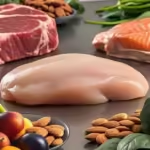


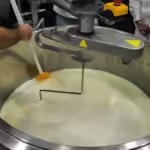

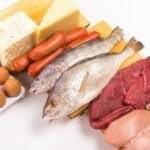
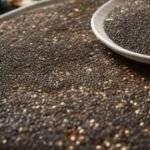
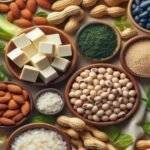
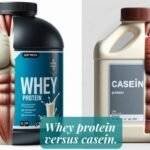






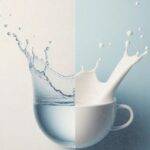

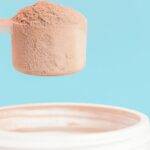


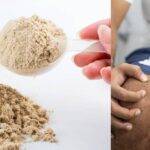

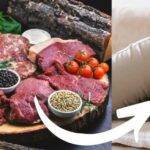


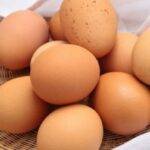
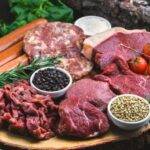






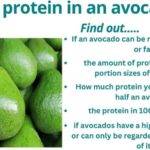
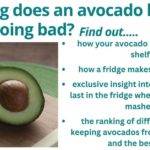
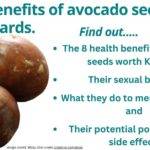
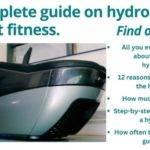

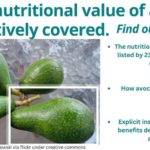
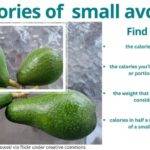
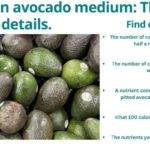
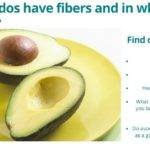
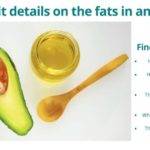

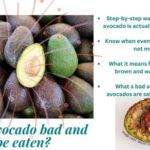

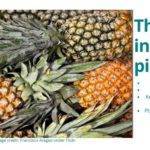


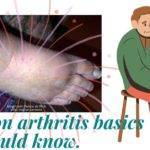
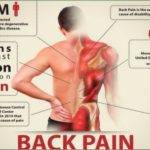


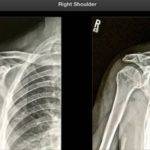

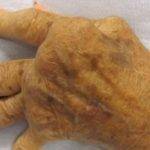

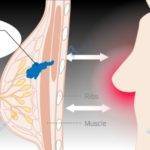
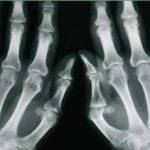
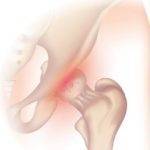
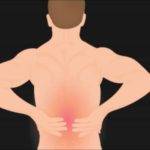
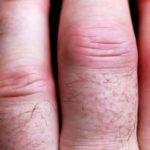

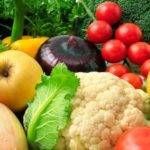


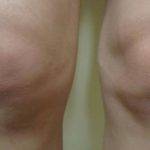

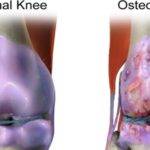
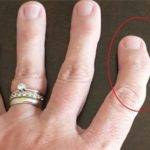
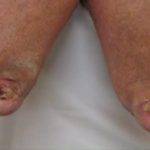
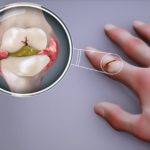












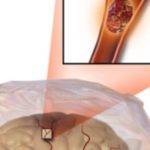
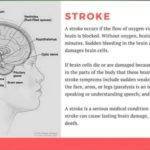
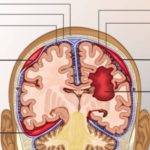
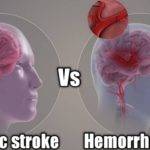
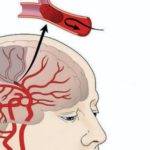


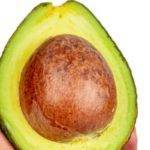
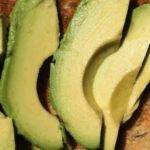


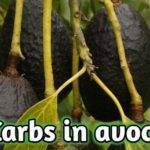






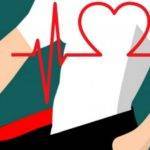
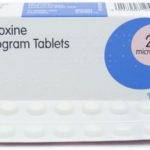
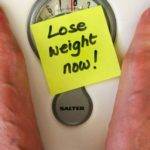

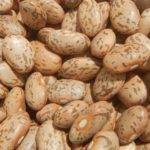
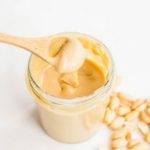
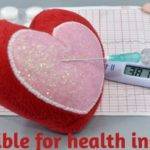







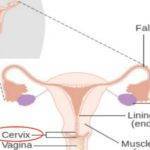
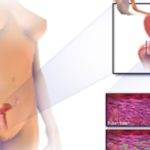
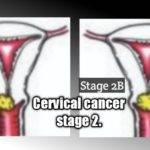
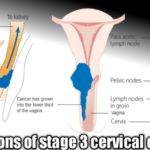
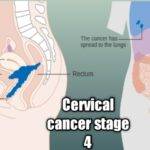
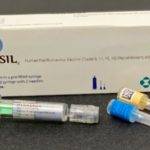


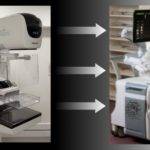


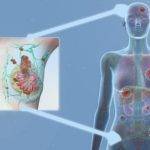

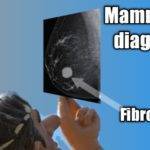
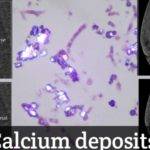

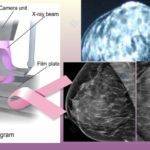
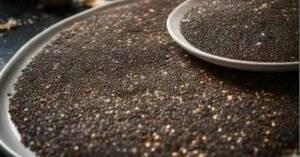
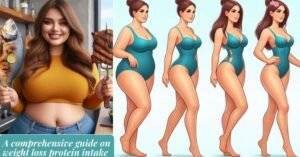


It’s really a cool and helpful piece of info. I’m glad you shared this useful information with us. Please keep us up-dated. Thanks for sharing.